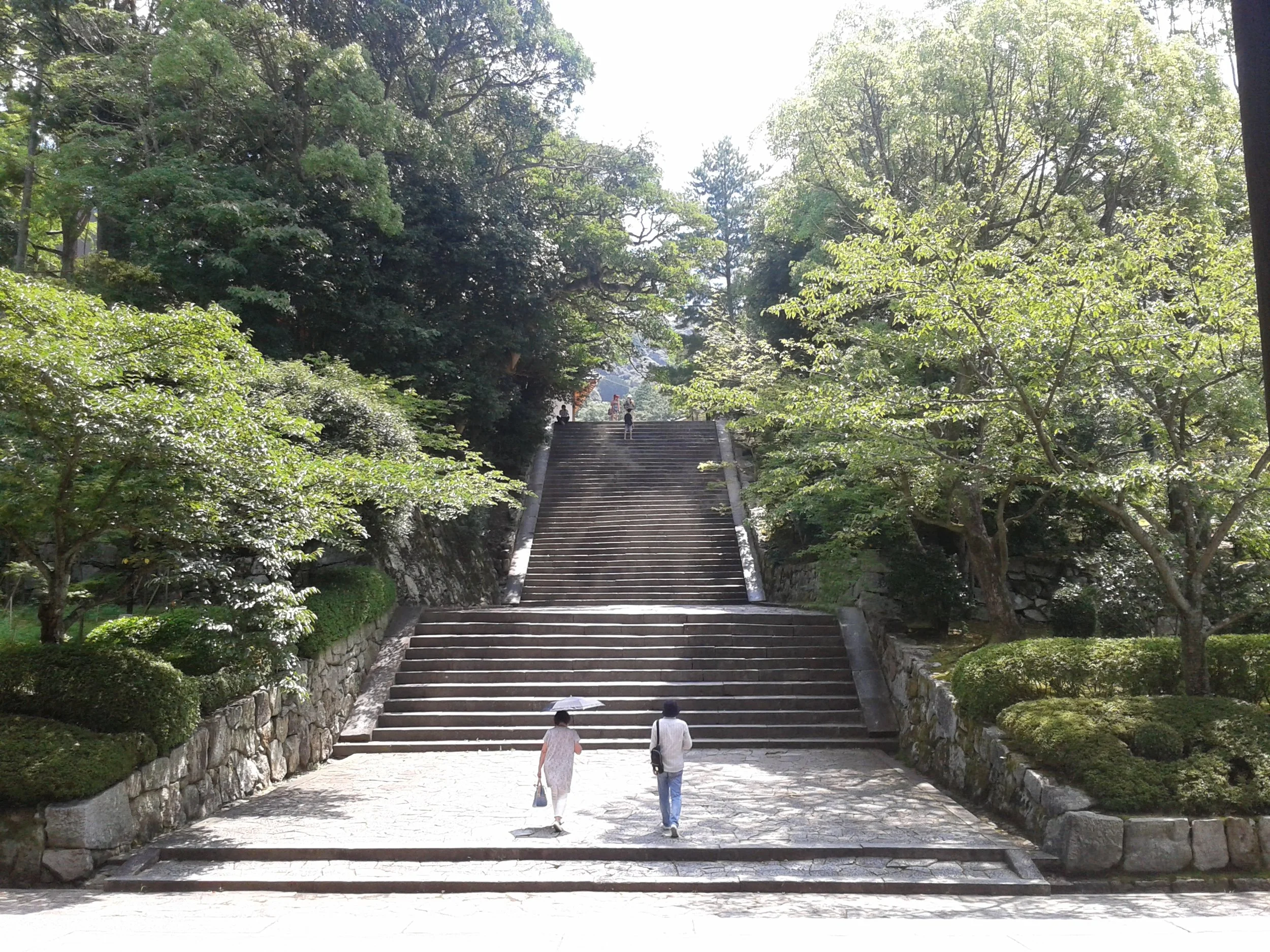A few weeks ago, the new academic year started bringing new opportunities, encounters and experiences for researchers. This includes also navigating challenges and deciding on the best possible way to work and structure your time.
One of the researchers I worked with recently told me at the end of our coaching that his key takeaway was ‘to make a plan and remember you have one’. It inspired this blog.
We make plans and think about how we want to change some of the things we do but unless this translates into real action nothing will change. Plan is crucial for starting because it gives you a template. It is a road map that you designed to enable you to get where you want to be. Here are three steps that can inspire you to get started with it:
Set priorities and break them down into small steps
Decide on your priorities for the coming week and understand the steps that will get you there. Start from the end goal and reverse engineer. Take a pen and paper and make a handwritten list of all that needs to be done to get you there (it will be a topic of another blog why I encourage to go back to pen and paper). Breaking the bigger tasks into smaller ones will enable you to work through them in a manageable way but also to experience completion of a task when finished. This is one of the most important things for motivation but also self-confidence.
Then create blocks of time for these steps so each of them has a specific time allocated. Be clear with the tasks - for example read two specific articles; write an outline for a chapter; transcribe specific number of interviews. Vague goals such as ‘I will read’ won’t work. If your focus is on writing be concrete what you want to write about and stay with it.
Take breaks and plan your time off
Schedule regular breaks and stick with them. I would encourage you to keep most of your breaks mobile free (no social media, emails) and rather go for a walk and get moving. You will see the difference in how you feel. Phones are great and they allow us to do many amazing things and give us access to information, however, they are a massive distraction and if not under control they can have a considerable negative impact on our wellbeing. They have the capacity to take you away from the present moment. I encourage researchers to explore having at least half a day during the weekend without using a mobile. It can be very challenging at a start but it’s all only a habit. Would you be up for it?
Decide in advance when during the week do you want to schedule time for relaxation, rest, recovery or any of your hobbies. This is crucial. Then protect this time.
Take time to reflect and celebrate your accomplishments (even the smallest ones!)
The new routine you build for the term needs some time to settle in. Don’t look for perfection. Set something up for the week and then at the end of it reflect what worked and what you want to let go of. As you go you will polish it and filter through. It’s a step-by-step process. In a couple of weeks, you will have a solid plan that will empower you.
Pause and celebrate your achievements along the way. This is very important because it allows you to take time to acknowledge your work and effort. It’s easy to keep your focus on what hasn’t been done yet. Make a conscious effort to remind yourself of what you got done. It will motivate and encourage you.
The main thing is to commit and then show up. Get an accountability buddy on board – you can help each other to move forwards. Remember that behind everything is your purpose. Be clear what it is. That will drive you. If you need any support with the planning get in touch.
What is your plan for the Autumn term? Where do you want to be at the end of it?
